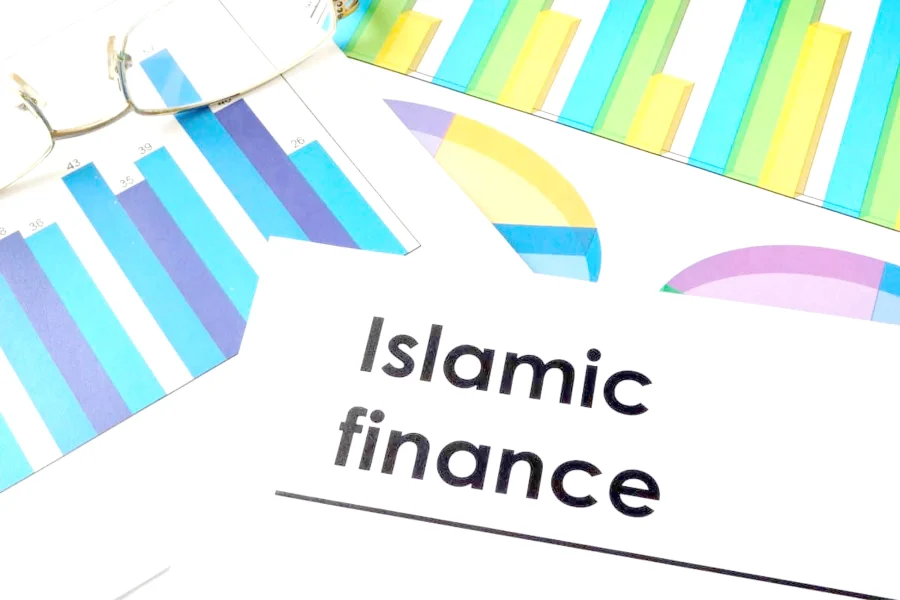The Acting Director General of the Islamic Development Bank Institute (IsDBI), Dr. Sami Al-Suwailem, delivered a keynote speech during a seminar on enhancing digitalization in Islamic financial institutions, held as part of the 10th Indonesia Sharia Economic Festival (ISEF), in Jakarta, Indonesia.
The seminar was jointly organized by Bank Indonesia, Islamic Development Bank (IsDB), and Islamic Financial Services Board (IFSB) to highlight the role of digitalization in ensuring the stability and sustainability of the Islamic financial system.
Dr. Al-Suwailem noted that digital transformation has a key role in improving the value and impact of Islamic finance, by helping to create the required environment of transparency and trust.
“If digitalization is employed to enhance transparency and build trust, it can undoubtedly contribute to economic well-being. For example, blockchain technology could ensure proper governance and contractual transparency, making the entire process more reliable and efficient,” he said.
However, Dr. Al-Suwailem cautioned that improper deployment of technology could have negative consequences.
“If technology is used to perpetuate the role of finance as an end, it will contribute to higher opacity and lower standards of governance. Technology might enhance the speed of financial transactions, but this would contribute to a higher volatility of financial markets, as has been observed in the US in the post-war era,” he explained.
Dr. Al-Suwailem, therefore, noted that for Islamic finance to realize its noble objectives, technology must be put to good use as a means to noble ends.
“Islamic finance must ensure that technology aligns with its core objectives: promoting trust, transparency, and mutual gain. In this manner, the synergy between the two can amplify the added value to economic progress. Otherwise, if their objectives diverge, technology may become a liability to Islamic finance,” he added.—Zawya










